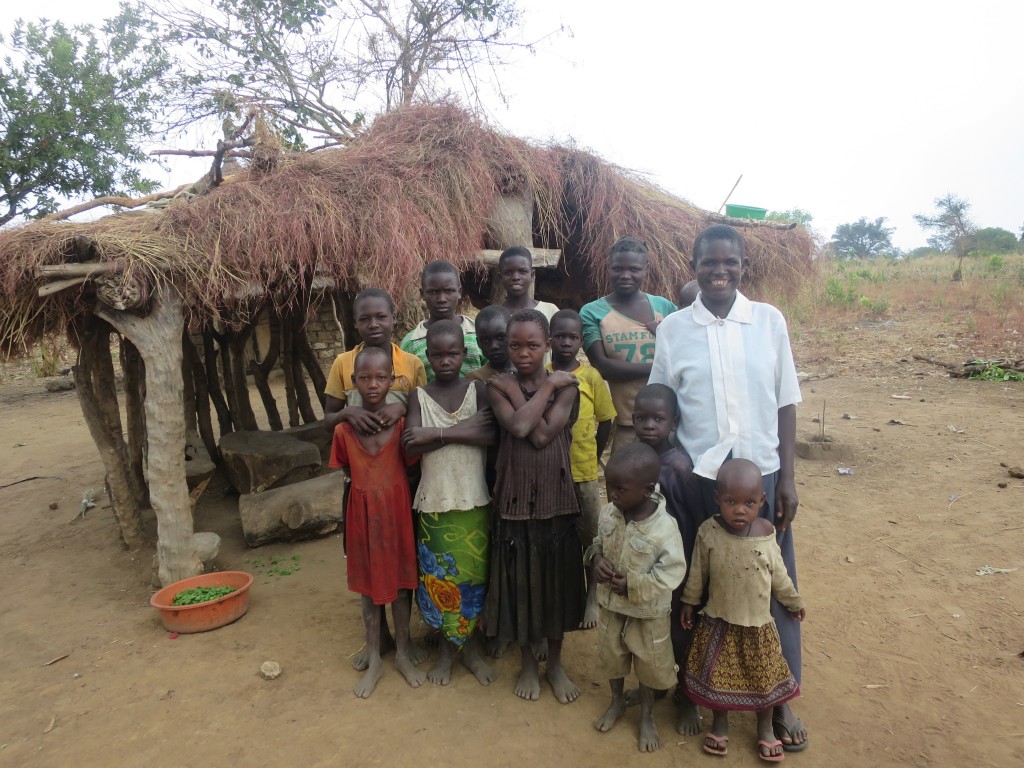This may look and sound like we are going to write about a marriage proposal but we are not. However, in some ways this proposal is comparable. If accepted, it is a firm commitment with sincere promises and the hope of good things to come.
It’s been a busy four weeks! We are happy and relieved that the proposal “Responding to Drought in the Teso Sub-Region of Uganda” has been completed and submitted for approval to CFGB. On March 10th, it was submitted to Global Affairs Canada. Although officially they have 48 hours to respond to the request … in a record 68 minutes we received word that it had been approved!!
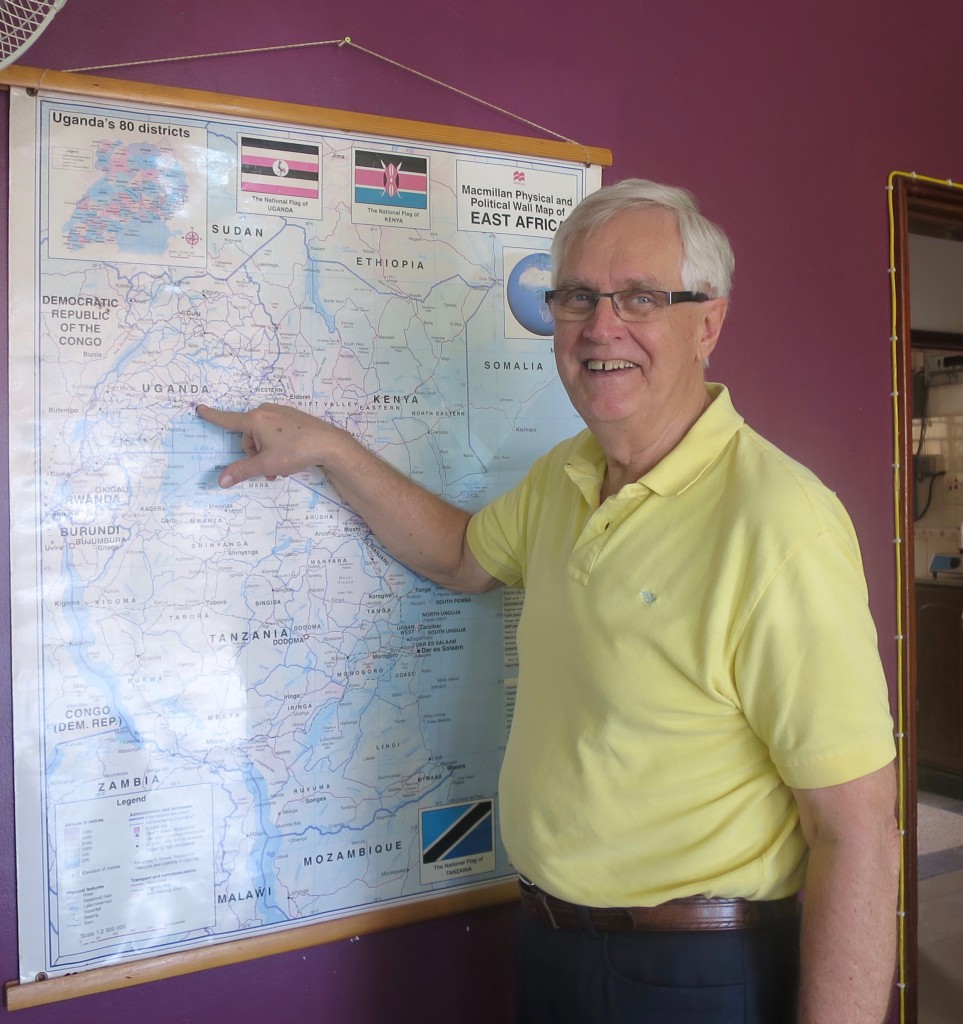
Proposal Details
As we have stated in our previous blogs, several areas in Uganda have experienced two successive crop failures caused by the drought. As a result, vulnerable households are facing severe food insecurity. After careful review of the information provided by our local partners, Katakwi Integrated Development Organization (PAG-KIDO) and Kaberamaido Mission Development Programme, both development arms of the Pentecostal Assemblies of God (PAG-KIDO and PAG-KMDP), meetings with local government officials, and visits to some of the affected villages and households, difficult decisions had to be made. Although there are many desperate families in the area, together with the leaders at PAG-KIDO and PAG-KMDP and the World Renew Program Consultant for Uganda, we have decided to target 1,200 families (approximately 8,000 people) in 13 of the worst hit villages. In each of these villages, beneficiary committees will be chosen and trained to carefully assess which households in each village are eligible to receive assistance based on our established criteria. In some villages, almost 100% will fit the criteria but in others where there are livelihoods other than farming, we estimate about 60% will be included.
The basic criteria used to select the beneficiaries for food assistance will be:
- Households are either registered members of the targeted villages or are confirmed permanent residents of the villages;
- Households, as a result of the drought, are eating two meals or less per day;
- Households are not receiving food from any other humanitarian organization;
- Households do not have any members with full time employment.
Priority will be given to:
- Highly vulnerable households (e.g. women headed households, orphans, child headed households, elderly, and people who are chronically ill, HIV/AIDS+ or disabled);
- Households who are agriculturalists and are totally dependent on rain for growing their crops (no access to irrigation).
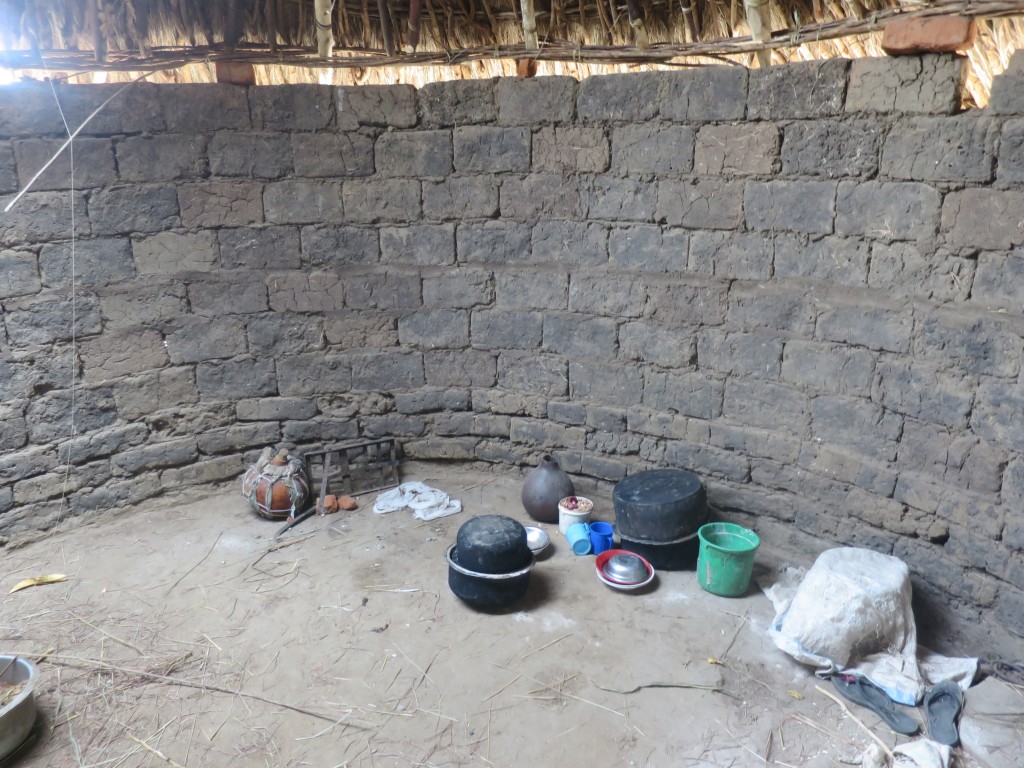
There is no food left in this kitchen
What will the beneficiary households receive?
This project will provide a monthly ration of 75 kg of maize flour, 10 kg of beans and 2 litres of cooking oil to each household for a period of four months. This equates to approximately 75% of a household’s monthly food requirements. We hope that everything will be ready for the first distribution to take place in three weeks. There are very large quantities of food involved so, as we were going through the approval process, large suppliers were already invited to submit a bid for the contract to supply the food. That process has also been completed and last evening those contracts were awarded.
|
Number of Beneficiary Households |
Food Commodity |
Monthly Ration Size |
Duration of Assistance |
Total Amount Required |
|
1,200 |
Maize flour |
75 kg |
4 months
|
360 Metric Ton |
|
Beans |
10 kg |
48 Metric Ton |
||
|
Oil |
2 litres |
9.6 Kilolitres |
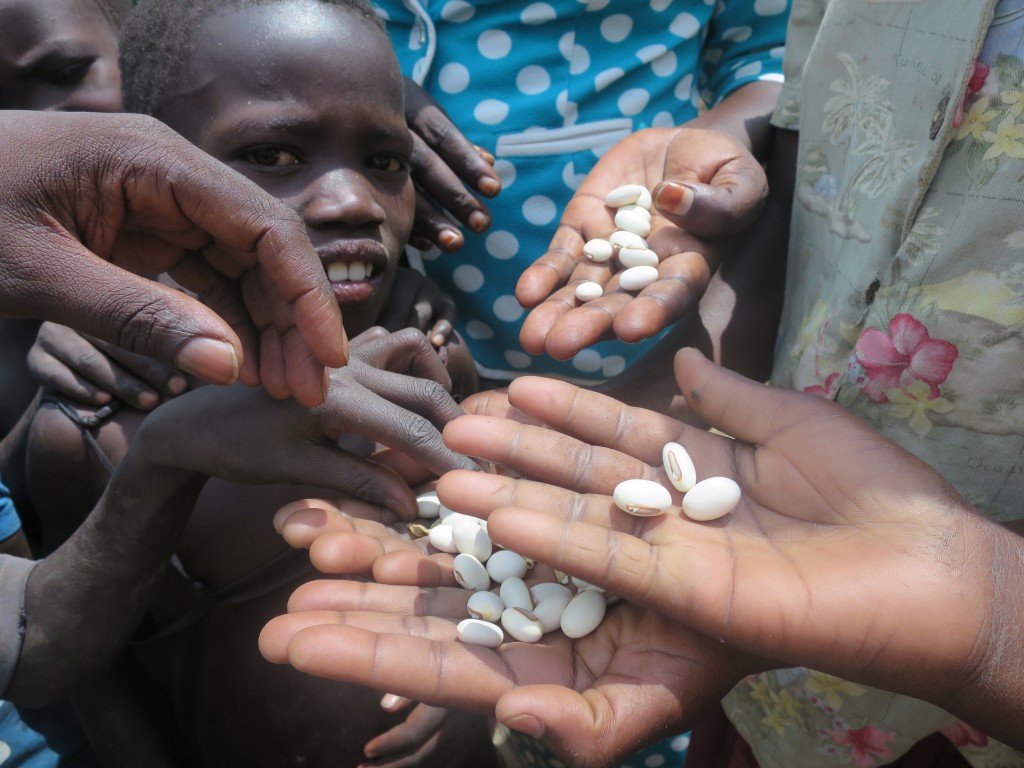
Since these families are agriculturalists, they will also receive a one-time distribution of cowpeas and sorghum seeds, each of which will seed half an acre. The plan is to give these out a week after the first food distribution. In some areas there have been reports of rain and it would be ideal for these farmers to have the seed on hand now, but we have been advised to give out some food first to discourage the beneficiaries from eating the seed. This food will also provide them with the energy they will need to prepare the land. The cowpeas and sorghum seeds are a fast maturing variety and, with favorable rains during the April – June period, will hopefully provide a harvest in early July, coinciding with the last food distribution.
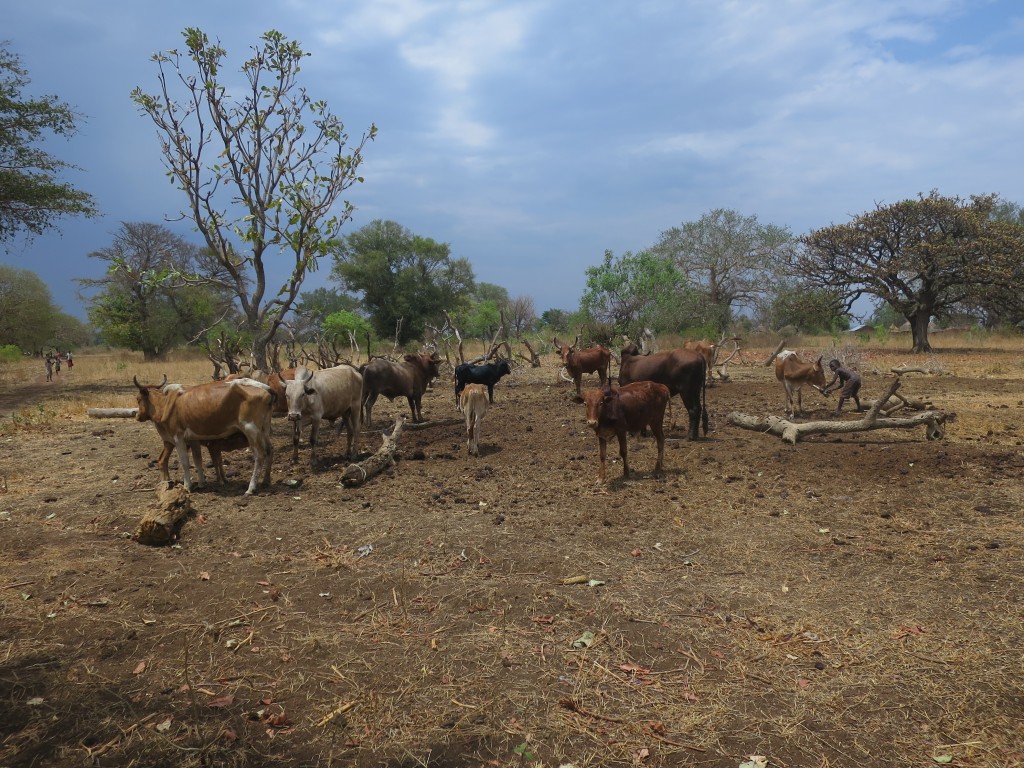
There is a great urgency to assist these severely drought-affected farmers and their families. Now that we have the required approvals to proceed, all of our efforts are directed at implementing the project in a fair, efficient and timely manner. Thank you for your prayers and encouragement!
